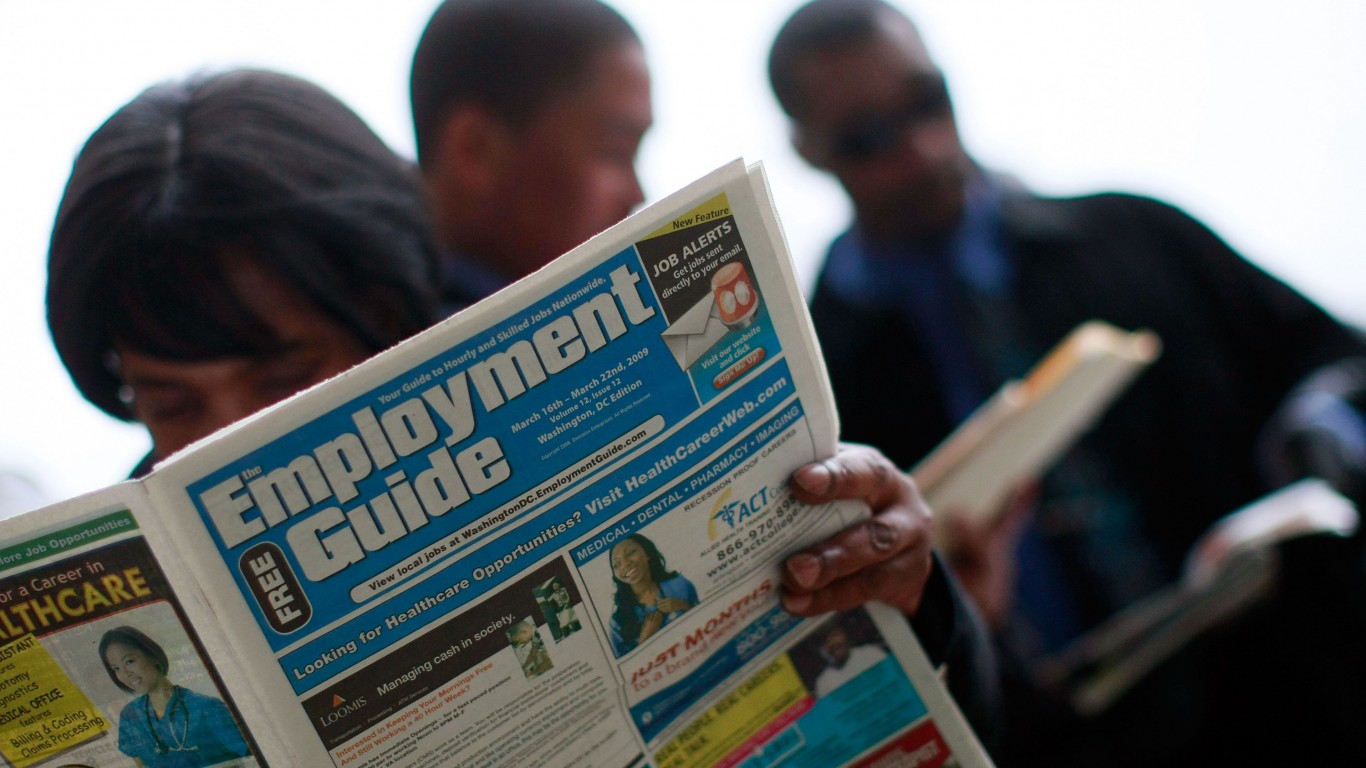The Institute for Supply Management has released its September report of the Chicago Business Barometer, and it is ugly. It was down by 5.7 points to 48.7, and the report showed that production has sunk to the lowest level since July of 2009. New orders have fallen sharply as well. Bloomberg was expecting that the 54.4 reading from August would fall to only 53.6, and the Econday range of estimates was 49.0 to 55.0. In short, this was worse than all expectations.
What stands out here is that the drop in September was the fifth contraction report (under 50.0) this year. It also comes during downgrades to global economic growth and intense financial market volatility. September’s decline followed two months of moderate expansion, and the speed of September’s descent was listed as a source of concern.
Just under 30% of the panel said China’s economic woes had a greater impact on them than the problems faced by the European Union. Just under 20% of respondents cited the EU as having a greater impact. Nearly 30% of the panel said that neither the EU nor China have significantly affected business.
ALSO READ: Cities With the Fastest Growing (and Shrinking) Economies
Not all components of the index were in the red. Three of the five were in contraction, while employment and supplier deliveries were both above the 50 neutral level. Component indications were as follows:
- Production led the decline with a sharp double-digit drop that placed it at the lowest since July 2009.
- New orders also fell significantly and both key activity measures are running well below their historical averages.
- Order backlogs remained in contraction for the eighth consecutive month.
- The sharp rise in stock growth seen in August was not repeated, with inventories falling back closer in line with the long-run average.
- In contrast employment, which tends to lag orders, rose for the third month in a row, although the majority saw staffing levels unchanged.
- Supplier deliveries remained broadly unchanged.
A quote from the MNI report said:
While activity between the second quarter and third quarter actually picked up, the scale of the downturn in September following the recent global financial fallout is concerning. Disinflationary pressures intensified and output was down very sharply. We await the October data to better judge whether this was a knee jerk reaction and there is a bounceback, or whether it represents a more fundamental slowdown.
ALSO READ: 10 Cities Where You Don’t Want to Get Sick
Want to Retire Early? Start Here (Sponsor)
Want retirement to come a few years earlier than you’d planned? Or are you ready to retire now, but want an extra set of eyes on your finances?
Now you can speak with up to 3 financial experts in your area for FREE. By simply clicking here you can begin to match with financial professionals who can help you build your plan to retire early. And the best part? The first conversation with them is free.
Click here to match with up to 3 financial pros who would be excited to help you make financial decisions.
Have questions about retirement or personal finance? Email us at [email protected]!
By emailing your questions to 24/7 Wall St., you agree to have them published anonymously on a673b.bigscoots-temp.com.
By submitting your story, you understand and agree that we may use your story, or versions of it, in all media and platforms, including via third parties.
Thank you for reading! Have some feedback for us?
Contact the 24/7 Wall St. editorial team.


